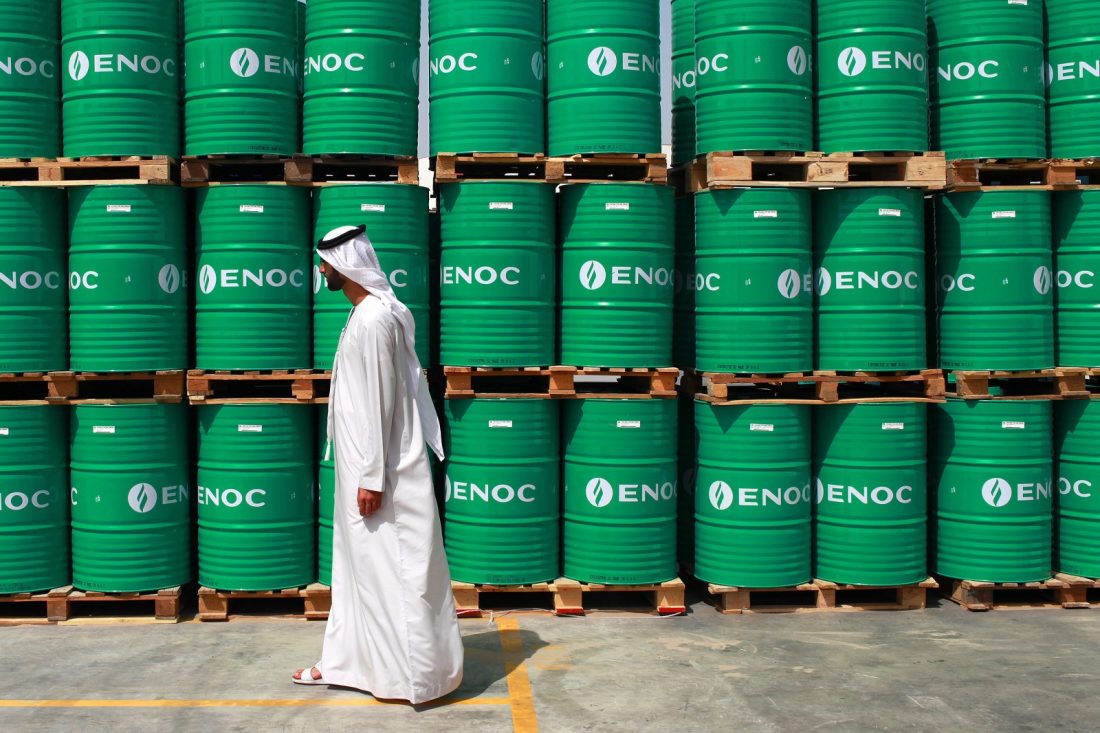ABUJA, Nigeria — Crude oil prices have plummeted to $59 per barrel, marking the first time since February 2021 that prices have dipped this low, raising concerns over Nigeria’s oil revenue and fiscal health.
As of 12:30 WAT on Wednesday, April 9, 2025, Brent crude, the global oil benchmark, fell by 5.09 percent to $59.62 per barrel, while U.S. West Texas Intermediate (WTI) dropped by 5.54 percent to $56.28 per barrel.
The decline in oil prices follows a series of economic developments, most notably President Donald Trump’s sweeping global tariff announcement on Wednesday, April 2, 2025, which included a 14% tariff on Nigerian imports.
Additionally, on Friday, April 4, 2025, the Organisation of Petroleum Exporting Countries (OPEC) and its allies decided to raise oil production by 411,000 barrels per day (bpd) starting in May, which has further exacerbated the pressure on oil prices.
For Nigeria, which depends heavily on oil revenues, this dip in prices poses a significant threat to the country’s financial stability.
The current oil price is well below Nigeria’s 2025 budget benchmark of $75 per barrel, heightening concerns over revenue shortfalls.
Jide Pratt, Chief Operating Officer (COO) of Aiona and Country Manager at Tradegrid, expressed his concerns, stating, “The recent drop in oil prices means lower revenues and lower foreign reserves for Nigeria, especially with the suspension of the naira-for-crude deal.
We’ve seen an increase in foreign exchange rates, which does not help monetary or fiscal policy.”
Pratt further pointed out that the situation underscores the inadequacies of Nigeria’s oil price benchmark.
“Personally, I believe it does show that the benchmark for our budget leaves a lot to be desired. More importantly, we are on the road to a supplementary budget and loans. We need to sell off some assets to the private sector and enable growth in our economy to buffer low crude oil prices,” Pratt said.
He added, “There can be no better time to really diversify.”
Finance Minister Wale Edun also commented on the downturn, acknowledging the adverse effects on Nigeria’s economy.
“We are intensifying efforts to ramp up crude oil production. We are also focusing on non-oil revenue mobilisation by FIRS and Customs,” Edun said.
He further highlighted the need for “budget adjustment and prioritisation where possible, and also innovative non-debt financing strategies.”
The oil price drop comes at a time when Nigeria’s oil production is already below target.
In February 2025, Nigeria’s oil output fell to 1.46 million barrels per day (bpd), falling short of the 1.5 million bpd quota set by OPEC.
Furthermore, the Nigerian Upstream Petroleum Regulatory Commission (NUPRC) had set a target of 2.1 million bpd for 2025, a goal that now seems increasingly difficult to meet.







